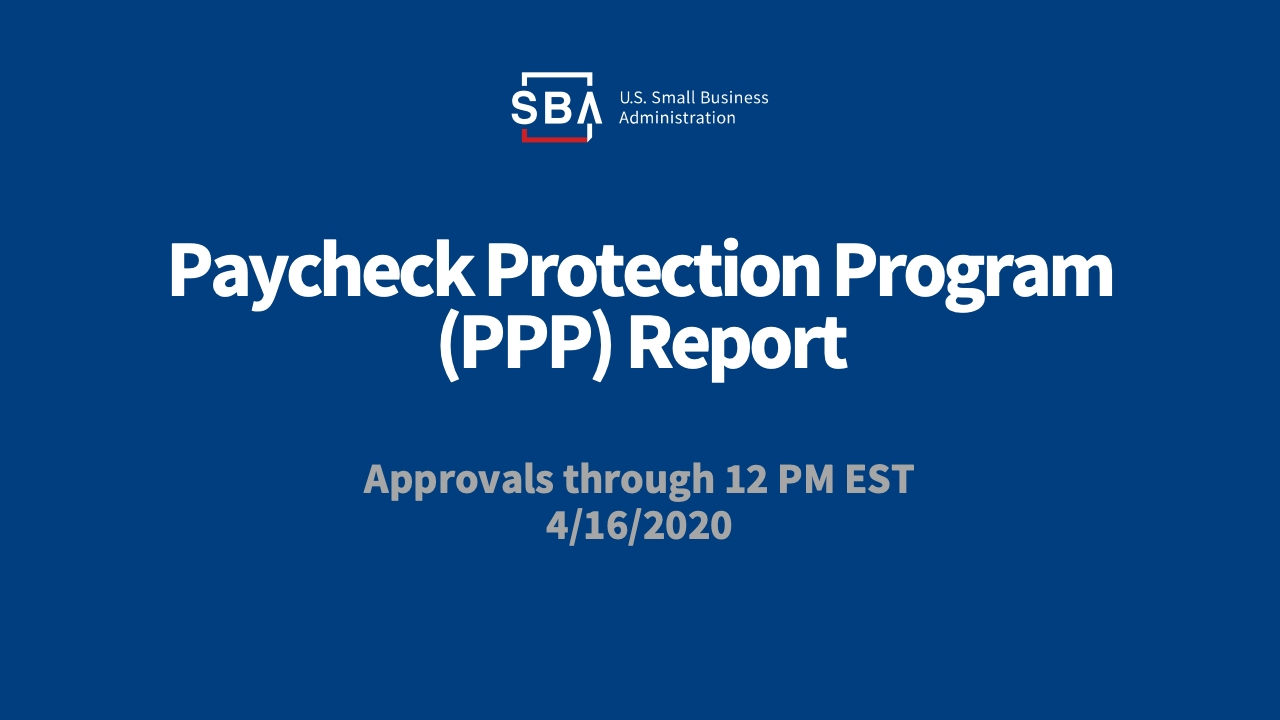CNE: Financial sector failed miserably in Puerto Rico’s hour of need

The local financial sector “failed miserably in Puerto Rico’s hour of need” by not helping to close more loans and secure aid for the island’s small business sector through the Paycheck Protection Program, the Center for a New Economy concluded in an analysis of the effects of the federal initiative.
The island failed to take full advantage of the relief package — launched by the U.S. Small Business Administration and U.S. Treasury after U.S. Congress authorized $349 billion in funding to provide guaranteed loans under the new PPP 7(a) program.
Local lenders approved 2,856 loans worth $658.5 million. The average loan amount was $230,593, some $24,572 higher, or 12%, than the PPP average loan amount of $206,021.
“At first glance it would appear the implementation of the PPP in Puerto Rico was a success. However, when we analyze Puerto Rico relative to other states, it appears the performance of Puerto Rican lenders was deficient,” according to the analysis by the CNE’s Deepak Lamba-Nieves, Raúl Santiago-Bartolomei, Malu Blázquez, Rosanna Torres, Nuria Ortiz, and Sergio Marxuach.
In 2019, the year the CNE cited for its analysis, there were 44,422 businesses in Puerto Rico with less than 500 employees and approximately 120,000 people who were self-employed.
“Puerto Rico today has approximately 1% of the population of the United States, yet it received only 0.17% of all loans by count and 0.19% by amount under the PPP,” the CNE executives said, adding Puerto Rico ranked 52 out of 56 jurisdictions (the 50 states, DC and the five territories) in total amount lent.
The CNE analyzed the performance of local lenders by comparing it to a study by boutique investment bank Evercore, which calculated the amount of PPP loans approved as a percentage of eligible payroll to compare states in relative terms.
Evercore Analyst Ernie Tedeschi calculated the average monthly payroll amount paid by firms with less than 500 employees and multiplied that number by 2.5, the product of which yields the maximum PPP amount allowable under the rules.
“We replicated the analysis for Puerto Rico using data from the Quarterly Census of Employment and Wages carried out by the Bureau of Labor Statistics of the U.S. Labor Department. According to our analysis, the eligible payroll amount for Puerto Rico is approximately $2 billion, while the total amount lent in Puerto Rico, as we stated before, was $658 million. Thus, the aggregate loan amount as a percentage of eligible payroll for Puerto Rico is 33%,” the local think-tank stated.
In comparison, firms in Nevada, for example, received enough cash to cover 82% of the state’s eligible payroll.
Someone ‘dropped the ball’
“Given those statistics it is hard not conclude that someone dropped the ball in Puerto Rico,” the CNE stated, questioning why.
“To answer that question we will need more information: how many firms applied for loans; how many applications were denied; what is the distribution of the firms that were rejected by number of employees and revenues; what is the distribution of the 2,856 loans that were approved, by count, loan amount and economic sector; and how many of the beneficiaries had pre-existing lending relationships with the lender of the PPP loan,” the think-tank stated.
“Keep in mind that local lenders stand to make up to $33 million in fees essentially for conducting a minimal credit analysis, pushing papers, and making a risk-free loan. Which is highly ironic, given that the prevailing discourse in Puerto Rico is that government can’t get anything right. This time around it was a key part of the private sector that failed thousands of small businesses,” it added.
The CNE proposed that Congress extend funding for another round of PPP funding, by as much as $500 billion and should require more transparency from lenders during the application process.
The nonprofit also suggested that Congress should subpoena documents from SBA and lenders and eventually hold oversight hearings, specifically the House Committee on Small Business Chaired by Rep. Nydia Velazquez; the House Committee on Financial Services, chaired by Rep. Maxine Waters; and the House Committee on Natural Resources, chaired by Rep. Raul Grijalva, in the case of Puerto Rico.
Meanwhile, the program itself should be modified to zero-in on needy communities, while establishing more guardrails “to discourage lender shenanigans to favor their preferred clients,” the CNE stated.














